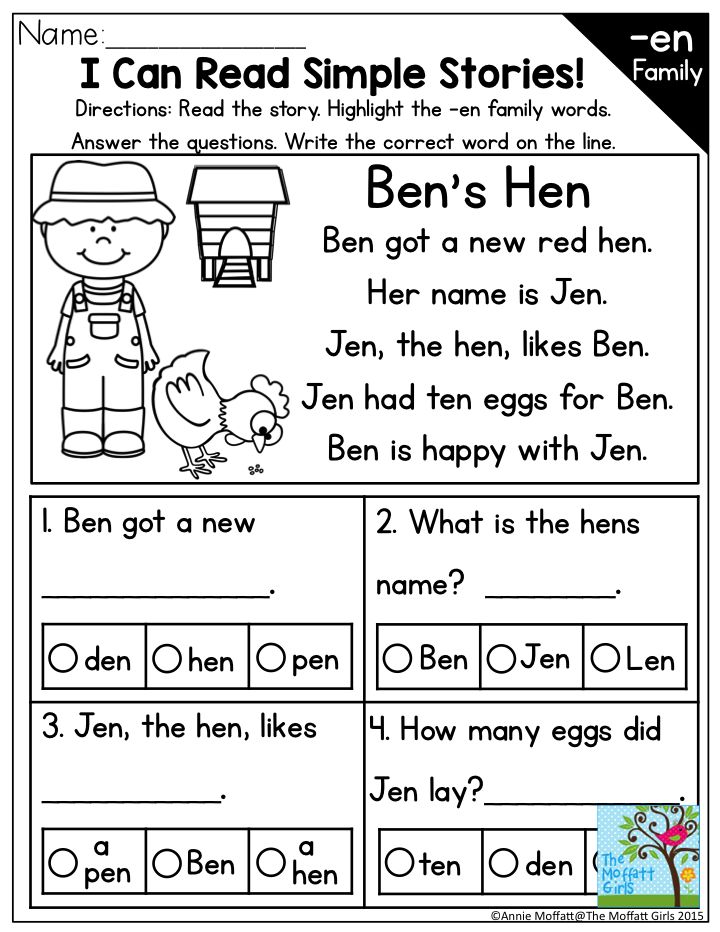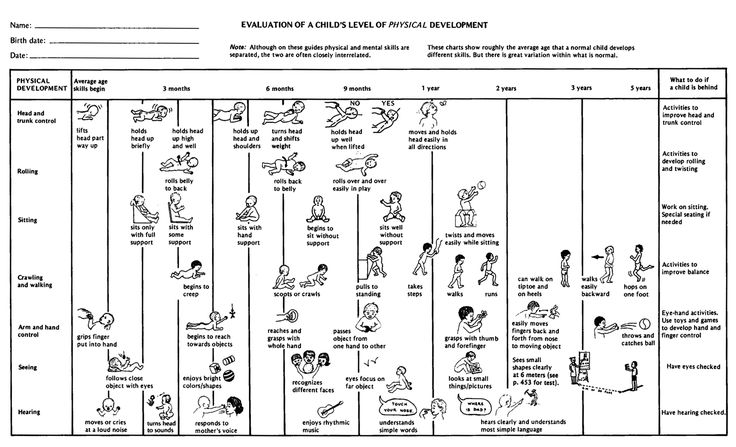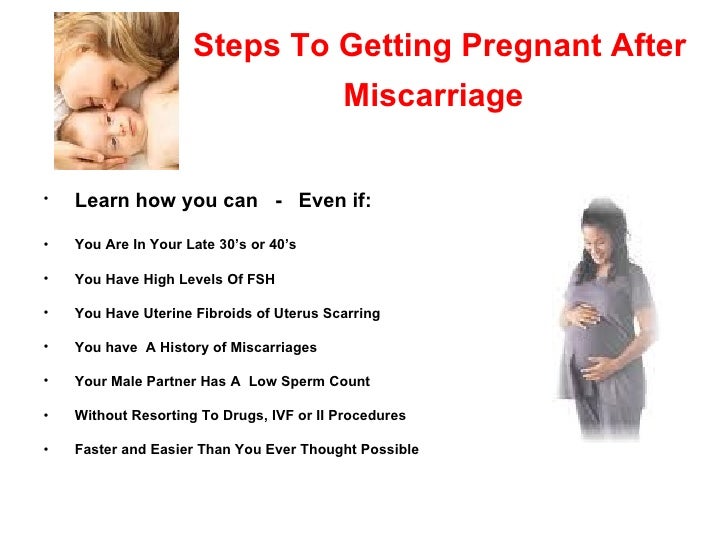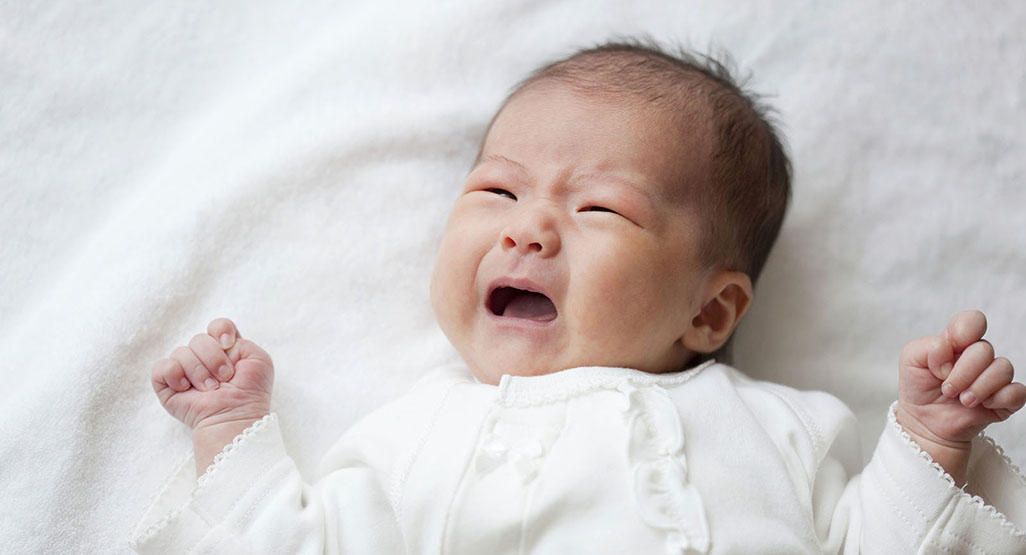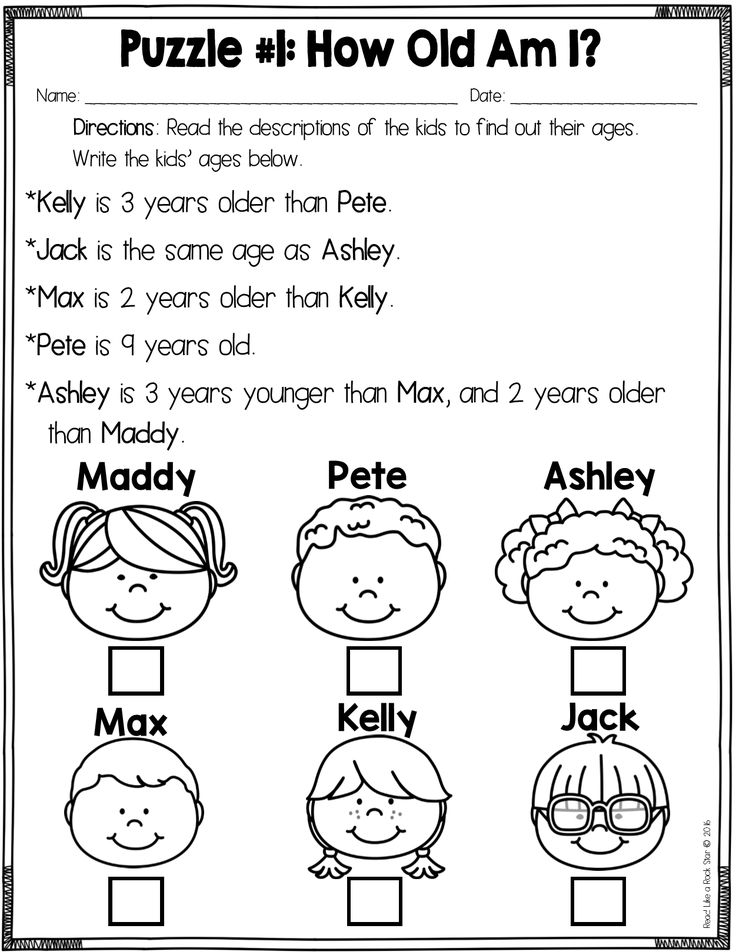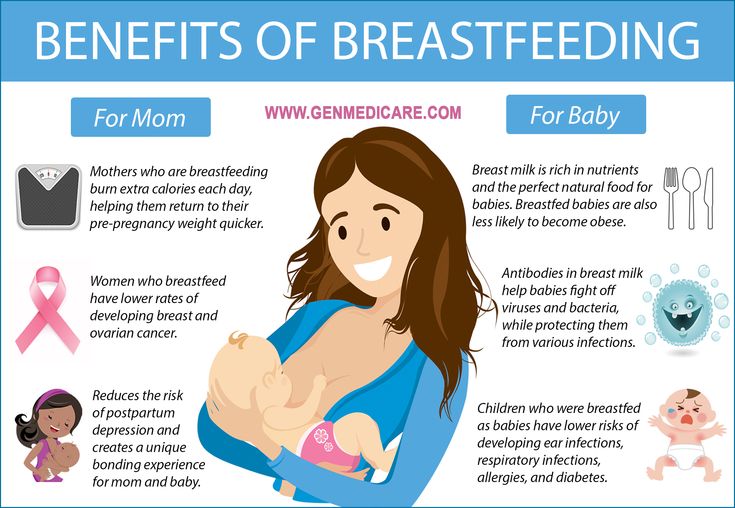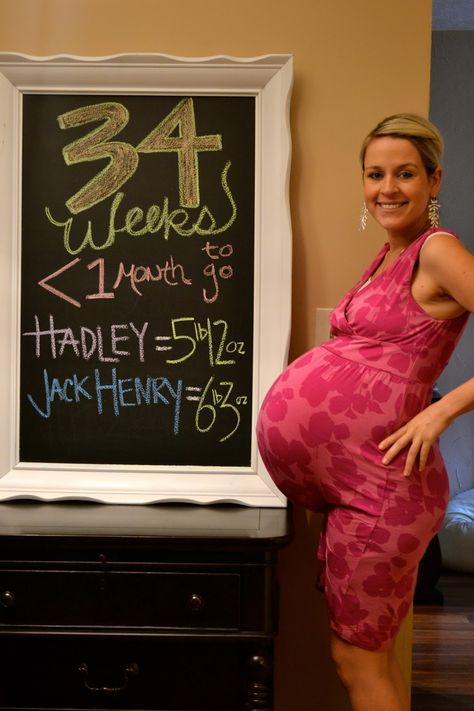8 month old milestones checklist
8-month-old baby: Development, Milestones & Growth
Your 8-month-old is curious about everything – and may impress you by crawling, pulling up to a stand, and cruising. They're also working on smaller movements, like pointing and grasping little things (and pieces of food). You may need to take your babyproofing up a notch! There will be lots of babbling this month, and your baby may be trying out speaking tones and patterns that are similar to yours. Encourage your baby by talking, playing, and reading together.
At 8 months old, your baby is curious about everything and learning new skills every day. They're working on physical accomplishments – and emotional development is ramping up, too.
By now your baby's emotions are becoming more obvious. Over the next few months, your baby may learn to assess and imitate moods, and might show the first stirrings of empathy. For instance, if they hear someone crying, they may start crying, too.
Even though your baby's just beginning to learn about emotions, they're picking things up from you. Get into the habit now of naming your feelings and your baby's feelings out loud throughout the day. Over time, this may help strengthen your baby's emotion regulation skills and may even cut down on tantrums later.
Your baby's development
At 8 months old, your baby may be already crawling or learning how to crawl, moving from seated to all fours and back again, and pulling themselves up to a standing position. Some ambitious babies may even be "cruising" – attempting to take their first wobbly steps while holding onto furniture.
Your baby may be babbling up a storm and sounding more like they're really talking – because they're trying out speaking tones and patterns that are similar to yours. Encourage your little one by talking, playing, and reading together. (Plus, these activities are also fun ways to connect and bond.)
Your baby has learned a lot about how the world works. Your 8-month-old may watch the path of something as it falls, and look for things they see you hide.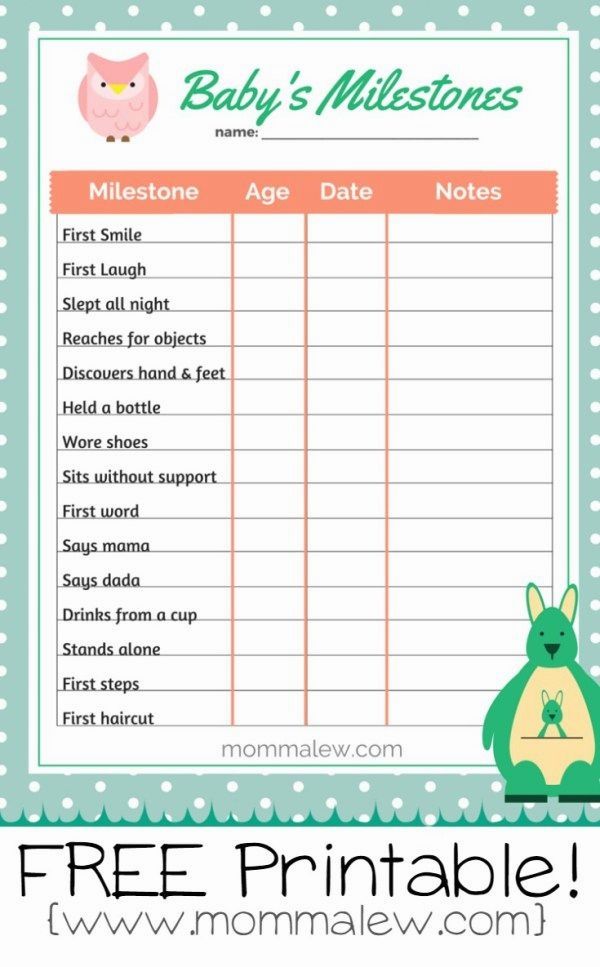 Now that they understand object permanence, your baby knows that something exists even if they can't see it.
Now that they understand object permanence, your baby knows that something exists even if they can't see it.
8-month-old milestones
Here are some of the milestones that your 8-month-old baby may reach:
- Crawling. Your baby will likely start crawling soon after they're able to sit well without support. For many babies this happens around 8 months, but don't worry if your baby hasn't started crawling yet. Some babies don't crawl until they're closer to 1, and some skip straight to walking.
- Standing. Your baby may be practicing pulling themselves up on furniture and standing while holding on. Some babies will start bouncing up and down in their cribs, using a crib rail for support. (Make sure to put the crib mattress on the lowest setting so your baby can't fall out.) Standing is the next step on the journey toward walking – which for some babies starts as early as 9 months old!
- Having a "lovey." Soon, your baby may develop an attachment to a special blanket, toy, or stuffed animal.
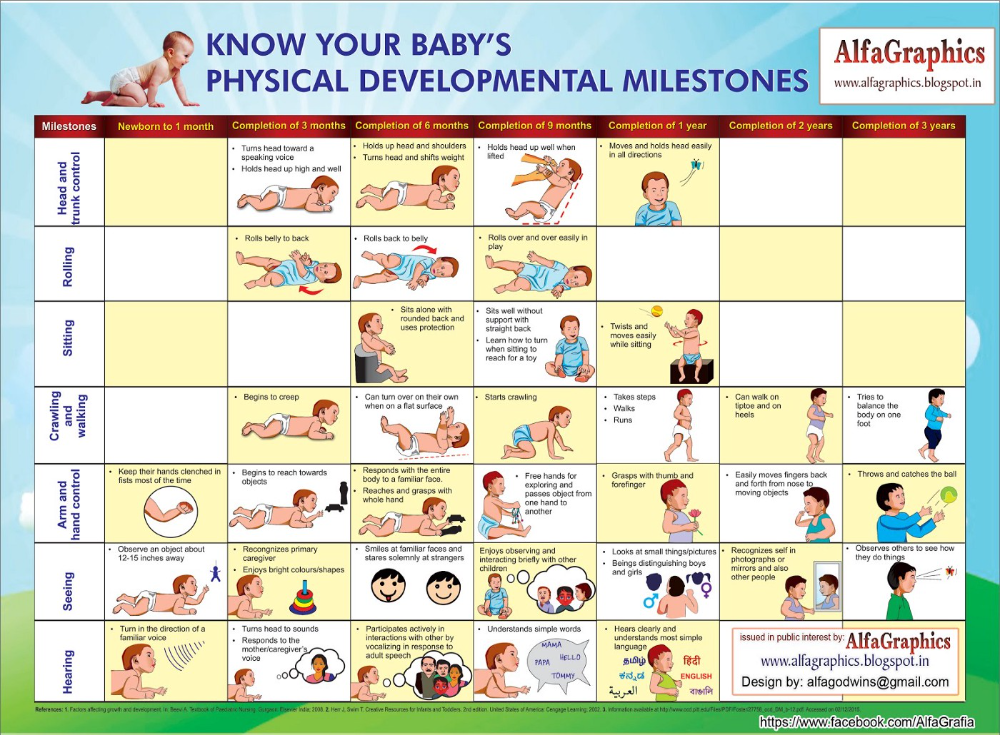 Don't be concerned if your baby bonds with a "lovey" – in fact, it's actually a healthy sign of development. Your baby is transitioning from depending on you as their main source of comfort to having another source of support. You can encourage your baby's relationship with their lovey, but be sure to follow safe sleep practices and don't put stuffed animals, blankets, or pillows in their crib.
Don't be concerned if your baby bonds with a "lovey" – in fact, it's actually a healthy sign of development. Your baby is transitioning from depending on you as their main source of comfort to having another source of support. You can encourage your baby's relationship with their lovey, but be sure to follow safe sleep practices and don't put stuffed animals, blankets, or pillows in their crib. - Saying words. Babies will be babbling by 8 months old and some may have started saying words like "mama" and "dada." True communication won't kick in until they're closer to 12 months. However, until then your baby is laying the foundation for language, so it's important to keep talking and reading to your baby.
- Increased motor control. Your baby may be able to pass things, such as a toy, smoothly from one hand to the other. They may also be skilled at grasping small items and getting them to their mouth. (Watch out!)
- Pointing.
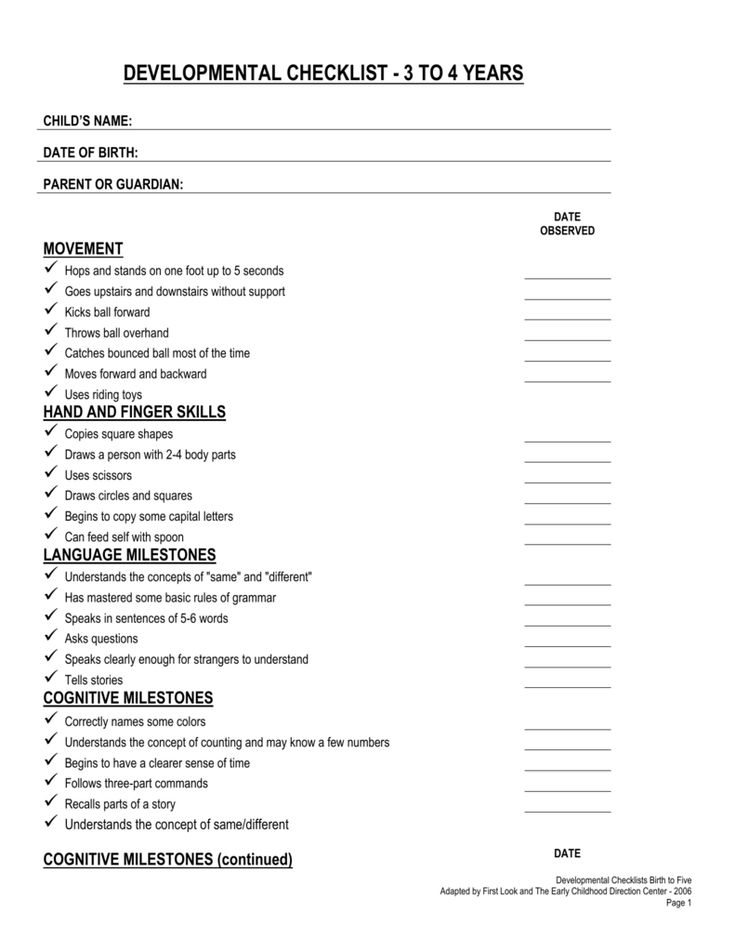 Babies often start pointing between now and a year old, so watch out for this fun milestone. Encourage your baby by pointing to things and describing them, and if your baby points a finger at something, make sure to notice and respond.
Babies often start pointing between now and a year old, so watch out for this fun milestone. Encourage your baby by pointing to things and describing them, and if your baby points a finger at something, make sure to notice and respond.
Although babies follow fairly predictable patterns of development, all babies are different. It's a good idea to be aware of milestones and tell your baby's care provider if you have any concerns about developmental delay. But keep in mind that some babies just need a bit more time to learn skills and hit milestones.
Advertisement | page continues below
8-month-old weight and length
How much should an 8-month-old weigh? At this age, babies' weights can vary quite a bit. Here are some averages:
Baby boys
Average weight for an 8-month-old: 18 pounds 15 oz
Average length for an 8-month-old: 27 3/4 inches
Baby girls
Average weight for an 8-month-old: 17 pounds 7 oz
Average length for an 8-month-old: 27 inches
Factors such as how active your baby is and how much they're eating will affect their weight.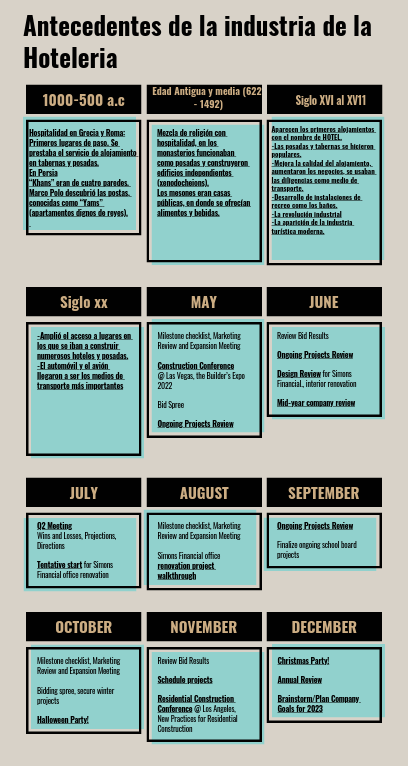 Also, from 6 to 9 months, your baby's growth rate will naturally slow down. That's partly because your active baby is expending more energy, but also, it's just how babies grow. If you have any concerns about your baby's weight or growth, be sure to talk to their provider.
Also, from 6 to 9 months, your baby's growth rate will naturally slow down. That's partly because your active baby is expending more energy, but also, it's just how babies grow. If you have any concerns about your baby's weight or growth, be sure to talk to their provider.
8-month-old feeding
At 8 months old, some babies are still getting used to baby food, some are having two meals a day, and others are enjoying three meals a day and adding snacks. Either way, it's fine – see our age-by-age guide to feeding your baby for more details.
As your baby gets more comfortable with eating, you can start to add a variety of foods and increase the frequency of meals. Keep in mind that you may have to offer a new food several times before your baby accepts it. Even foods that they eventually like can take some getting used to.
At around 8 months old, your baby may be ready for finger foods – small bites of food your baby picks up and eats without help. Finger foods are a great way for your baby to explore eating and build hand-eye coordination and motor skills.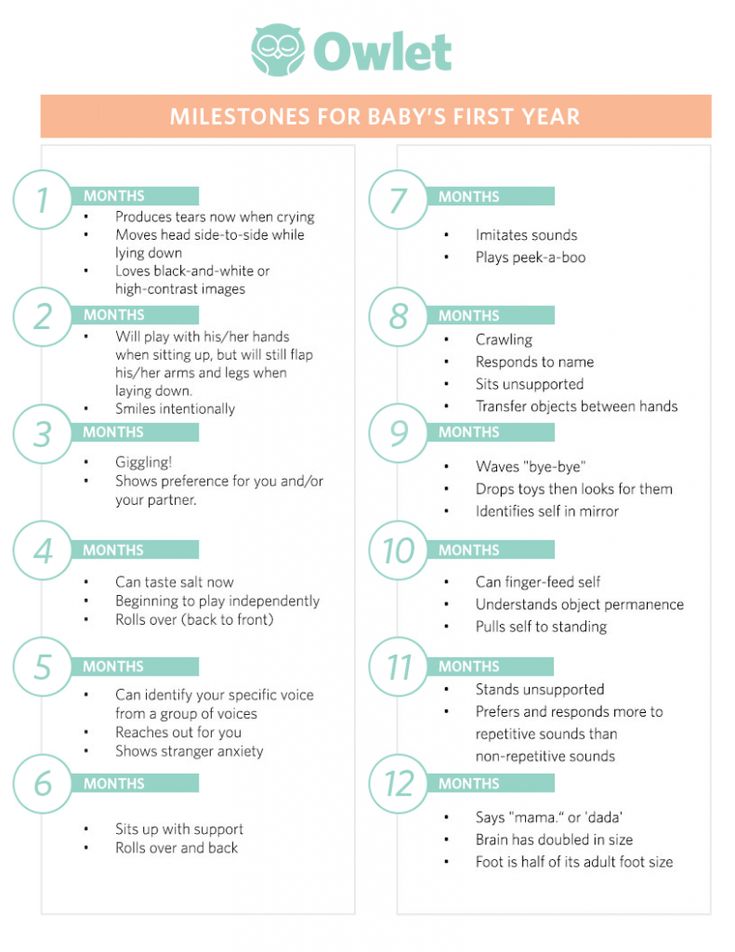
Some great first finger foods are:
- Small (pea-sized) pieces of tofu
- Small pieces of cooked veggies
- Chopped fruit
- Chopped hard-boiled eggs
- Very small chunks of soft cheese
- Well-cooked pasta, cut into pieces
- Small pieces of bread or bagels
- Pea-sized pieces of cooked chicken, ground beef, turkey, or other soft meat
To introduce finger foods, just scatter four or five pieces of food onto your baby's highchair tray or an unbreakable plate. You can add more pieces of food as your baby eats them. Be sure that vegetables are cooked so they're soft enough to mush easily, and everything should be cut into tiny pieces. Even a whole grape is too big for your baby right now and could be a choking hazard. For more information, see our list of unsafe foods for babies.
Some parents skip straight to finger foods by using the baby-led weaning feeding method. With this approach, you skip baby food purees and let your baby feed themselves from the get-go.
As you introduce new foods, you may want to introduce new foods one at a time and wait three to five days before giving another new food. This can help you identify any food allergies. It's also a good idea to write down the foods your baby samples. If they have an adverse reaction, a food log will make it easier to pinpoint the cause.
You don't have to put off giving allergenic foods such as eggs or soy. In fact, there's some evidence that introducing these early can actually help prevent allergies. But if your baby is at high risk for food allergies, talk to your baby's healthcare provider first.
So how much does an 8-month-old eat? Though they're eating more solid foods, babies this age still depend on formula and breast milk as their main source of nutrition. Typically, an 8-month-old baby will have about 24 to 32 ounces of breast milk or formula a day, which breaks down to around 3 to 5 feedings of 6 to 8 ounces per feeding. Also, if you want, you can introduce your baby to a sippy cup or straw cup by putting breast milk, formula, or a small amount (4 ounces or less) of water in the cup for your baby to try.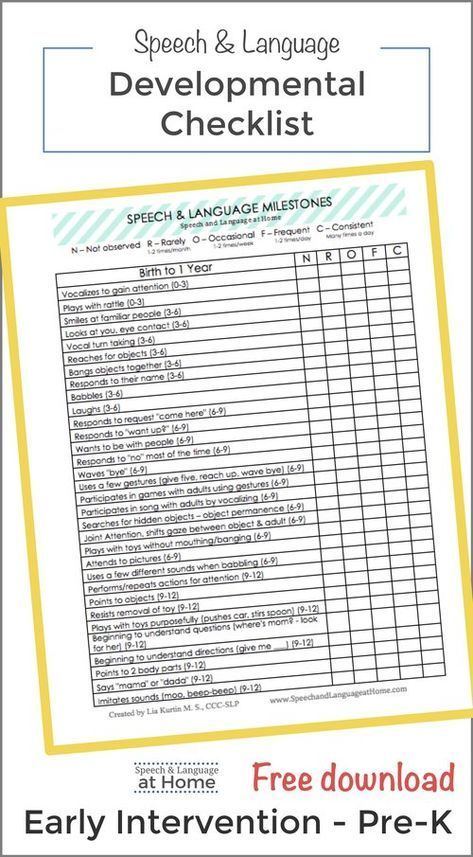
If you're nursing, you can continue to nurse on demand if you and your baby want to. Your baby may want to nurse for comfort even when they're not necessarily hungry, and that's okay.
8-month-old sleep
At 8 months old, your baby will still need anywhere between 12 and 16 hours of sleep (including naps) every 24 hours. That might look like 11 hours at night and 3.5 hours during the day taken in a morning and afternoon nap. But there's a big range of normal at this age.
An overtired baby may actually resist sleep, so do your best to stick to your baby's sleep schedule or usual routines.
Some babies may have an 8-month sleep regression due to separation anxiety, teething, or developmental changes. They may be so busy working on new skills at bedtime that they don't want to go to sleep, or may wake up in the middle of the night to practice them! Sticking to the good sleep habits you've been working on with your baby can help you both get through a regression.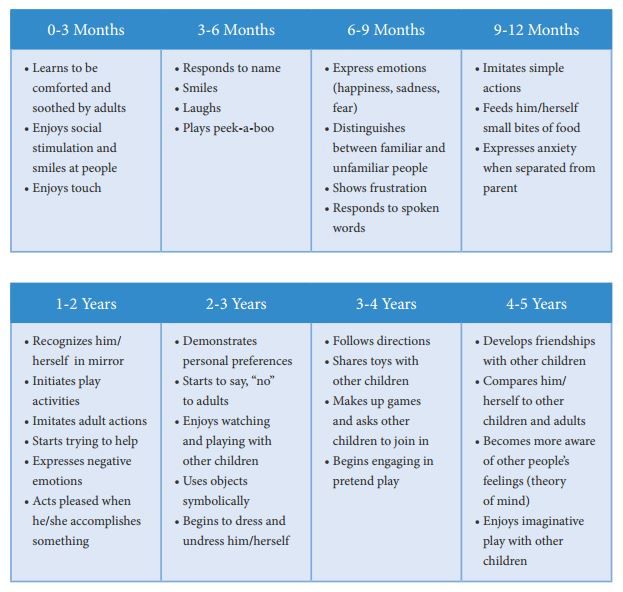
By 8 months old, most babies have settled into a more predictable sleep schedule and are sleeping through the night. However, some babies still wake up at night and want a feeding. If you enjoy nursing or giving a bottle to your baby at night, there's no reason to stop. But if you're exhausted, it's a good time to investigate baby sleep training and night weaning.
Your baby's health
Your baby doesn't have a well-baby checkup this month – the next one will be the 9-month checkup. However, you can always call your provider if you have any concerns about your baby's health.
If your baby missed or fell behind on any vaccines, or didn't receive the flu vaccine at their last checkup (and it's flu season), you can schedule a vaccine-only visit so your baby can get their shots.
Your baby may start teething this month, if they haven't already. The first tooth usually pops up around 8 months (it's the central incisor, for those of you who are curious about which teeth will erupt first).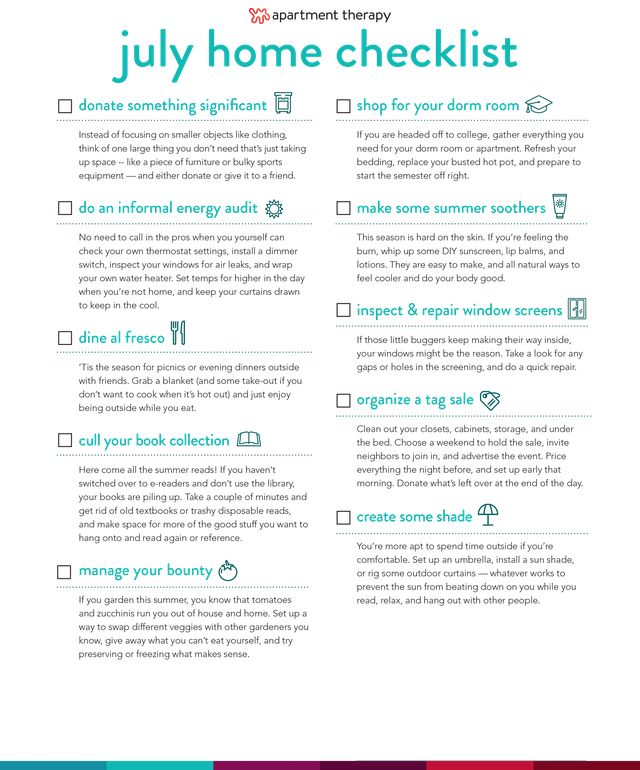
You may notice signs of teething, such as:
- increased drooling (which can lead to a facial rash)
- swollen, sensitive gums
- irritability or fussiness
- gnawing or biting
- refusing to eat
- sleep problems
- rubbing the face or ears
Some parents swear that teething causes a fever, vomiting, or diarrhea, though there's no clear scientific evidence that it does. If your 8-month-old has more than a very slight increase in temperature (higher than 100.4 degrees F) or any other worrisome symptoms, give your baby's provider a call.
You can also ask about giving your baby ibuprofen or acetaminophen if they seem very uncomfortable during teething. Don't use topical gels or medications containing benzocaine, homeopathic teething tablets and gels, or aspirin – these are all unsafe for babies and toddlers.
Your 8-month-old baby: Week by week
Want to learn more about what's happening with your baby this month? Get more details on your 8-month-old's weekly development:
- Your 8-month-old: Week 1
- Your 8-month-old: Week 2
- Your 8-month-old: Week 3
- Your 8-month-old: Week 4
Baby Development: Your 8-Month-Old
Written by Stephanie Watson
In this Article
- Eighth Month Baby Milestones: Motor Skills
- Eighth Month Baby Milestones: Sleep
- Eighth Month Baby Milestones: Eating
- Eighth Month Baby Milestones: Communication
- Tips for Your Baby’s Eighth Month:
By the time your baby is 8 months old, not only are they getting around, they are also probably getting into everything! Babies are especially curious at this stage because they are becoming more aware of their environment.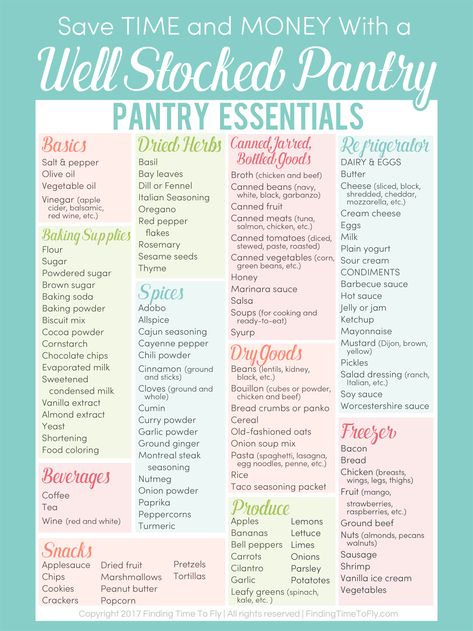
In this portion of WebMD’s month-by-month guide, discover what baby milestones you can expect your child to achieve by the time they are 8 months old.
Eighth Month Baby Milestones: Motor Skills
Eight-month-olds are gaining a lot of new strength. They may be strong enough to pull themselves up to a standing position while holding onto a chair or sofa. In another month or two, they should start cruising around using the furniture for support. Make sure cords are out of reach, lamps, TVs and furniture are secure, and the home is baby-proofed for the mobile child.
Most babies are starting to crawl by now, but don’t be panicked if your 8-month-old isn’t there yet. Some babies take a few extra months to get moving, and a few go straight from rolling to walking without slowing down to crawl.
At this age, your baby is figuring out how to pair up their motor skills with their senses. Babies this age typically can spot a toy from across the room, figure out they want it, crawl over to get it, and pick it up.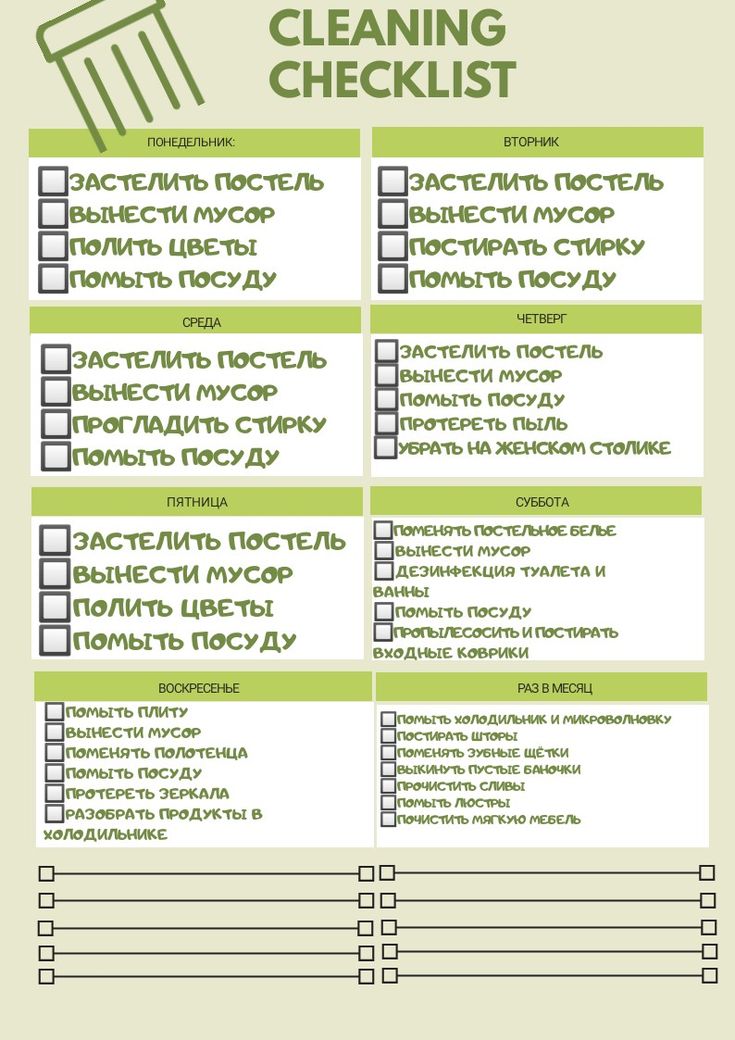 They can also manipulate toys with relative ease, banging blocks together, tossing a ball, or fitting a series of different-sized cups into one another.
They can also manipulate toys with relative ease, banging blocks together, tossing a ball, or fitting a series of different-sized cups into one another.
The pincer grasp - using thumb and finger for babies to pick up very small objects -- is now starting to develop, fine tuned by 9 months. Because almost everything your baby picks up will end up in their mouth, be sure to put away any small toy pieces or other objects that are lying around. Keep in mind that if something is small enough to fit inside a toilet paper tube, it’s small enough to choke your child. If your child has siblings older than 3 years, it is a good idea to keep separate play areas and remind that child of the toilet paper tube rule. You may also limit the older sibling to playing with smaller toys while baby naps and cleaning up when baby wakes.
Eighth Month Baby Milestones: Sleep
By their eighth month, most babies sleep an average of 13 to 14 hours a day. They’ll take two naps a day, one in the morning and one in the afternoon.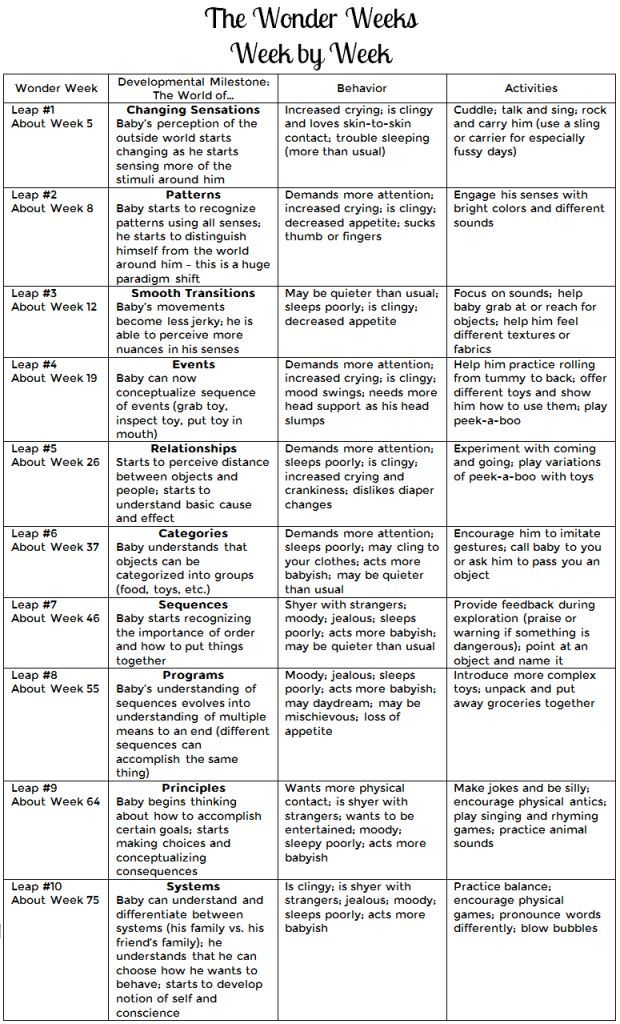 Naps average about an hour in length, but some babies can get by with a couple of 20-minute naps.
Naps average about an hour in length, but some babies can get by with a couple of 20-minute naps.
Now that your baby has a sense of object permanence -- the knowledge that you still exist even when you’re not around -- bedtimes and nap times may be more of a struggle. This separation anxiety should go away by the time your child is around 2 years old. Don’t be too worried if your baby fusses every time you try to leave the room. The crying shouldn’t last for more than a few minutes. Be consistent in your routine and that will help both you and baby adjust.
Eighth Month Baby Milestones: Eating
Your 8-month-old will still be taking 24 to 32 ounces of formula or breast milk every day. But mealtimes should also involve an increasing variety of foods, including baby cereal, fruits and vegetables, and mashed or pureed meats. As the solids increase, the breast milk or formula will decrease. Some babies at this age are so fascinated by table foods that they are less interested in feeding from the bottle or breast. You may notice that your baby's diet is starting to switch to more solids versus solely milk. But they still need about 16-20 ounces of breast milk or formula until they can switch to cow’s milk after their first birthday.
You may notice that your baby's diet is starting to switch to more solids versus solely milk. But they still need about 16-20 ounces of breast milk or formula until they can switch to cow’s milk after their first birthday.
Your baby’s pincer grasp and chewing skills should be developed enough by now for you to consider adding finger foods into the mealtime mix. The best first finger foods are bananas, toast, pasta, well-cooked meat, and cereal. Cut foods into bite-sized pieces, and avoid serving any items that are choking hazards, such as hot dogs, raw carrots, popcorn, grapes, blueberries, and raisins. No matter how finely finger foods are chopped, NEVER leave your baby unattended during mealtimes.
As you increase the diversity of foods remember to not introduce honey until after your baby is at least age 1.
Eighth Month Baby Milestones: Communication
Your baby is developing a stronger sense of self and a greater awareness of their surroundings. Eight-month-olds understand the idea of object permanence and are starting to anticipate daily routines -- when I’m in the crib it’s bedtime; when I sit in the high chair it’s mealtime.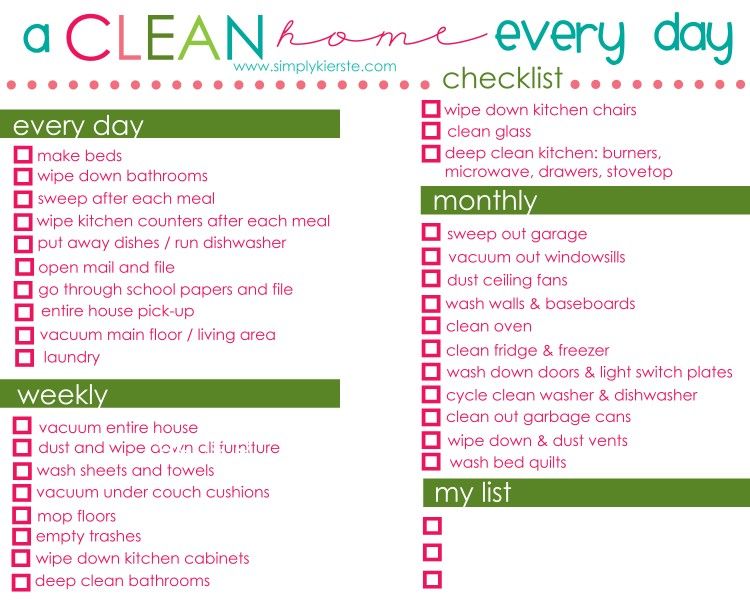 They also realize the relationship between cause and effect -- when I drop this napkin, Mommy picks it up.
They also realize the relationship between cause and effect -- when I drop this napkin, Mommy picks it up.
At this age your baby is starting to realize what they like and dislike, which is why you might see a scowl when you offer the strained broccoli, and a smile when you switch to sweet potatoes.
At eight months, the babbles you’ve been hearing for a while may start to make sense. Mixed in with the “ba-bas” and “ga-gas” you might hear a “ma-ma” and “da-da” aimed in your direction. Your baby can now understand the meaning of a few basic words, including “bye-bye” and “milk,” and can follow simple commands such as, “Say hi to Grandma,” or “Wave bye-bye to Aunt Alice.”
Tips for Your Baby’s Eighth Month:
- If you haven’t done so already, you definitely need to baby-proof your house now that your little one is crawling. Put away all cleaning products, cosmetics, and poisons; lock up your bathroom and kitchen cabinets; install gates across the stairs; and cover open outlets.
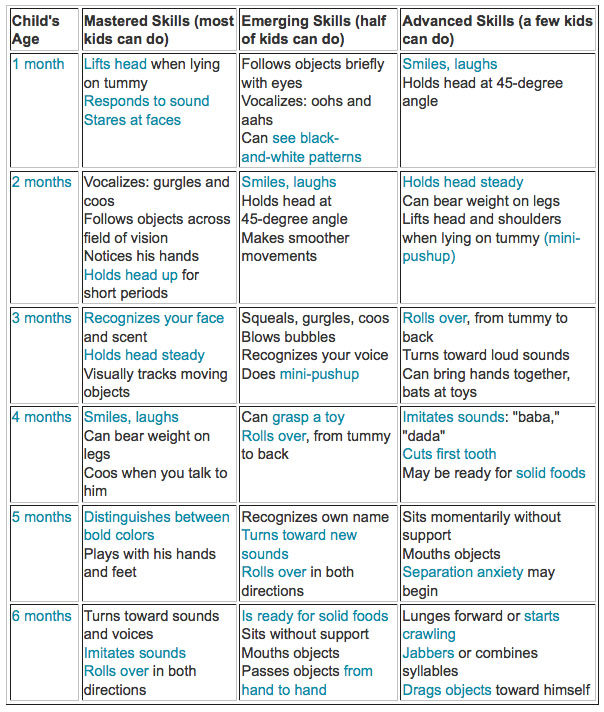 Make sure there are no blind cords dangling, and no cords from electrical appliances hanging down. Clear out any small objects that are lying around, including pieces of toys and coins. Keep doors to bathrooms and bedrooms closed.
Make sure there are no blind cords dangling, and no cords from electrical appliances hanging down. Clear out any small objects that are lying around, including pieces of toys and coins. Keep doors to bathrooms and bedrooms closed. - Now that your eight-month-old is active nonstop, you might be tempted to plop your baby in front of the TV so that you can take care of some much needed household projects. Although a few minutes of watching an educational video probably won’t hurt your baby, the Academy of Pediatrics recommends waiting to turn on the tube until your child is at least 18 months old. Reading, singing, and talking are much better ways of keeping your baby entertained at this age.
News and messages
Regions
roskazna.ru Altai region Amur region Arkhangelsk Region and Nenets Autonomous District Astrakhan region Belgorod region Bryansk region Vladimir region Volgograd region Vologda Region Voronezh region Donetsk People's Republic Jewish Autonomous Region Transbaikal region Zaporozhye region Ivanovo region Irkutsk region Kabardino-Balkarian Republic Kaliningrad region Kaluga region Kamchatka Krai Karachay-Cherkess Republic Kemerovo region - Kuzbass Kirov region Kostroma region Krasnodar region Krasnoyarsk region Kurgan region Kursk region Leningrad region Lipetsk region Luhansk People's Republic Magadan Region Interregional accounting UFK Interregional Contract Department of the Federal Treasury Interregional Control and Auditing Department of Financial Management Interregional operational UFK Interregional UFK in the field of liquidity management Interregional UFK on centralized data processing Moscow Moscow region Murmansk region Nizhny Novgorod Region Novgorod region Novosibirsk region Omsk region Orenburg region Oryol Region Penza region Perm region Primorsky Krai Pskov region Republic of Adygea Altai Republic Republic of Bashkortostan The Republic of Buryatia The Republic of Dagestan The Republic of Ingushetia Republic of Kalmykia Republic of Karelia Komi Republic Republic of Crimea Mari El Republic The Republic of Mordovia The Republic of Sakha (Yakutia) Republic of North Ossetia-Alania Republic of Tatarstan Tyva Republic Republic of Udmurtia The Republic of Khakassia Rostov region Ryazan Oblast Samara Region Saint Petersburg Saratov region Sakhalin region Sverdlovsk region Sevastopol Smolensk region Stavropol region Tambov Region Tver region Tomsk region Tula region Tyumen region Ulyanovsk region Khabarovsk region Khanty-Mansi Autonomous Okrug - Yugra Kherson region Center for ensuring the activities of the Treasury of Russia Chelyabinsk region Chechen Republic Chuvash Republic Chukotka Autonomous Okrug Yamalo-Nenets Autonomous Okrug Yaroslavl region
Font size AA
UFK in the Sverdlovsk region
official website
Previous site version
for example,
| About Treasury |
| News and announcements |
| Budget execution |
| Financial operations |
| Other activities |
| Receiving applications |
Advanced Search
- News
- Event announcements
Federal Treasury
official website of the Russian Treasury
www.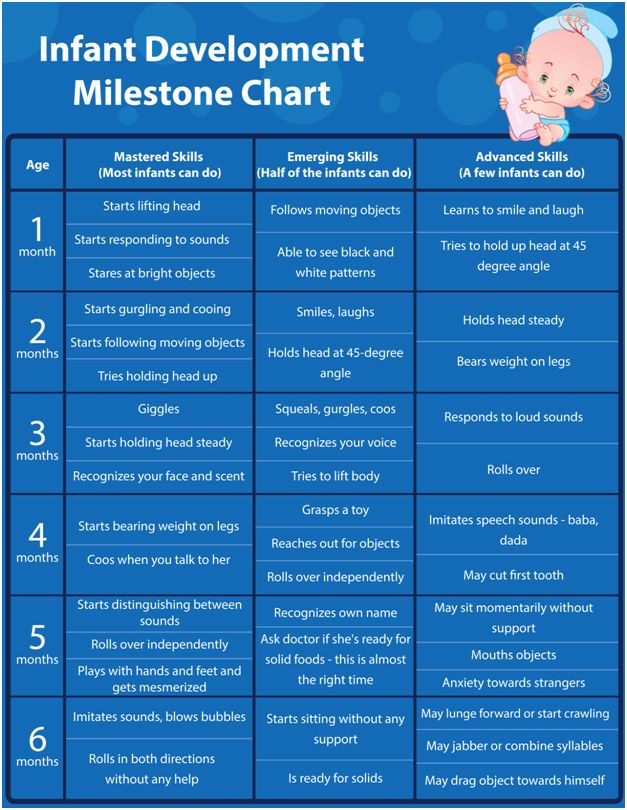 roskazna.ru
roskazna.ru
- News
- Event announcements
Center for Physical Therapy and Sports Medicine
About the organization The hospital was created with the aim of centralizing the provision of medical care to children in the city of Vladimir and the Vladimir region, as a result of the reorganization of several institutions: the children's corps of the State Healthcare Institution of Higher Education "Regional Clinical Hospital", the Municipal Healthcare Institution of the "City Children's Clinical Emergency Hospital" and the pediatric department for premature babies of the Children's City Hospital.
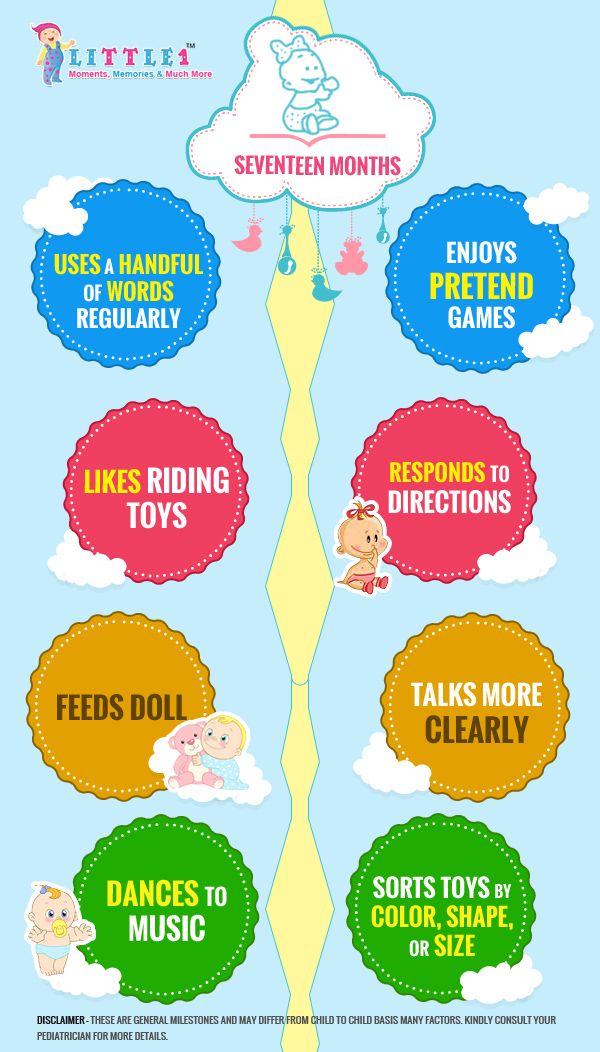 In 2013, the reorganization of the institution was carried out in the form of the affiliation of the MUZ "DGP No. 2".
In 2013, the reorganization of the institution was carried out in the form of the affiliation of the MUZ "DGP No. 2". The structure of the institution includes departments that concentrate all the necessary specialized services to provide planned and emergency medical care to children in the city of Vladimir and the Vladimir region: neurological, hematological, nephrological, gastroenterological, oncological, rheumatological, pulmonological, pediatric, infectious, neonatological, endocrinological, burn, urological, otolaryngological
Traumatological, surgical, otolaryngological, pediatric, neonatological care is provided around the clock, X-ray examinations and laboratory clinical and biochemical diagnostics are carried out.
Two intensive care units: for newborns and for children older than 1 month are ready to provide the full range of medical care in accordance with modern requirements. The departments use modern methods of treatment,...
Show full text
| Address | 6000032 Vladimir, Komissarov str.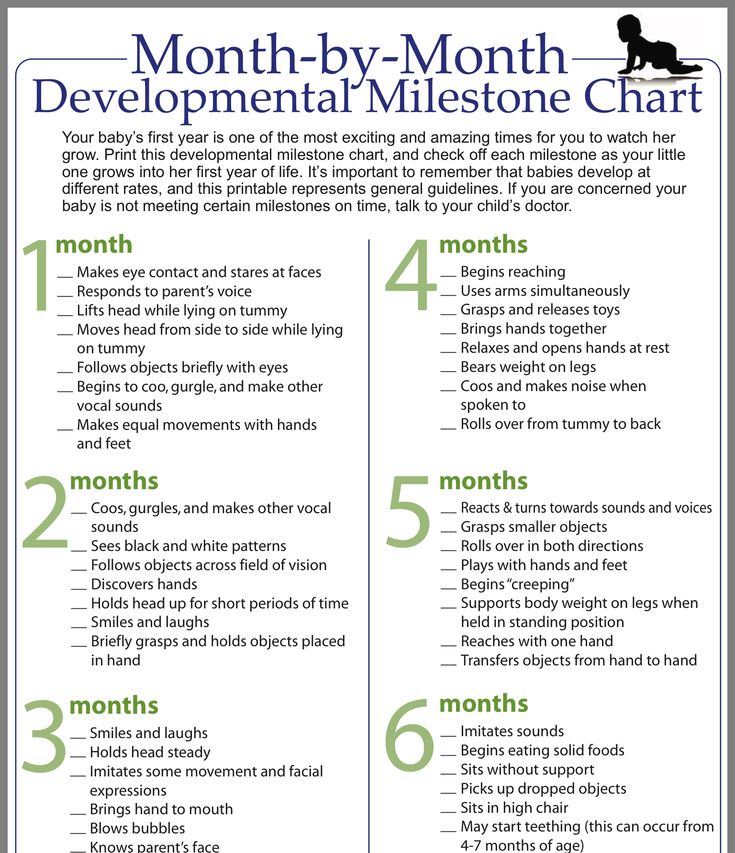 , 65 , 65 | |
| TIN | 3328 | 0|
| TIN | 332 15 | |
| checkpoint | 332 | 1 |
| OGRN | 1033303410106 | |
| OGRN | 1023303357648 | |
| OKATO | 17494375000 | |
| OKATO | 17401375000 | |
| OKVED | 85.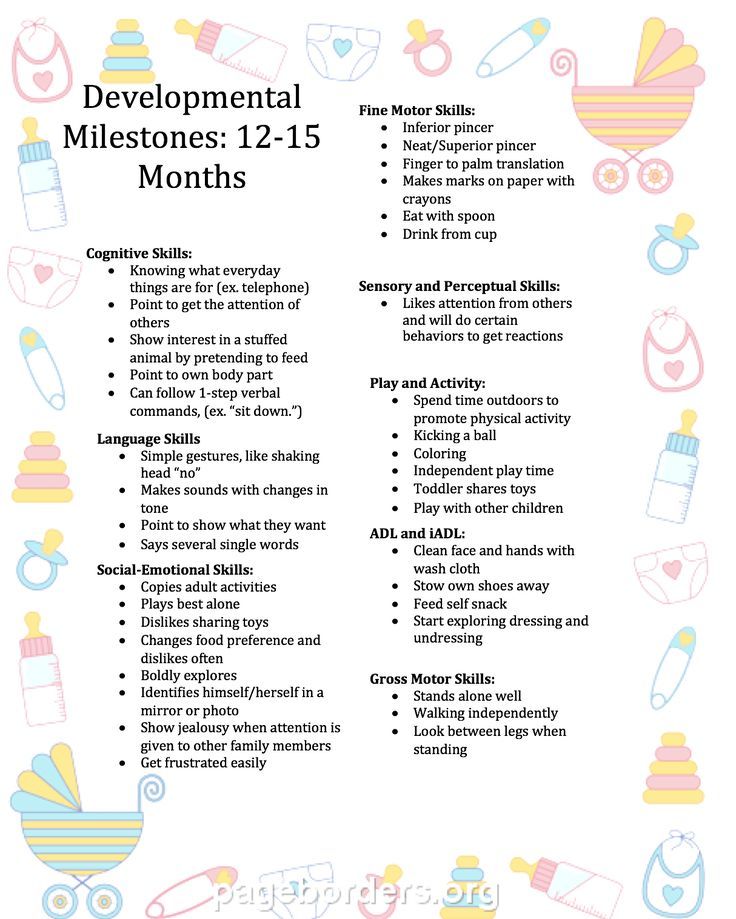 |
